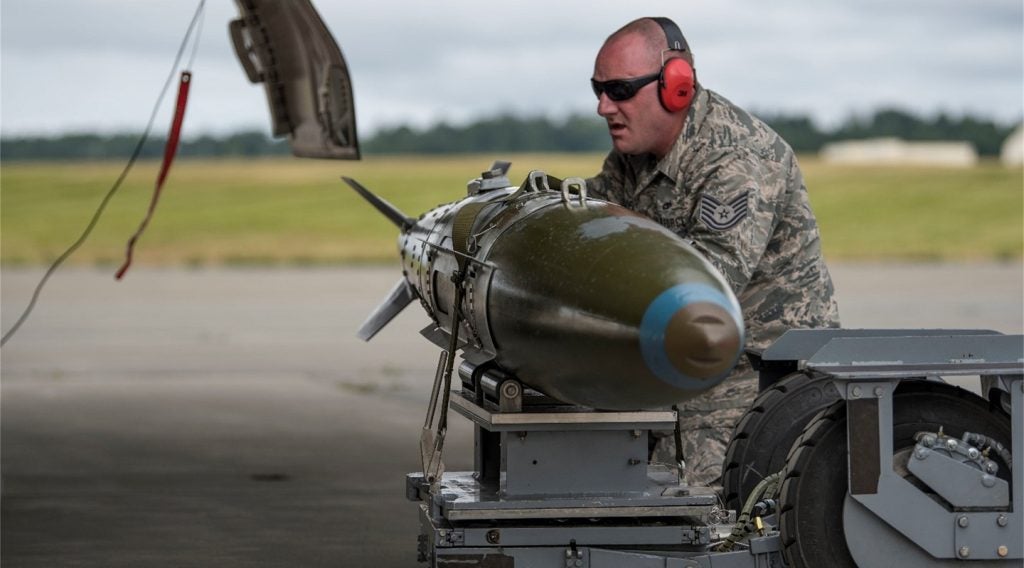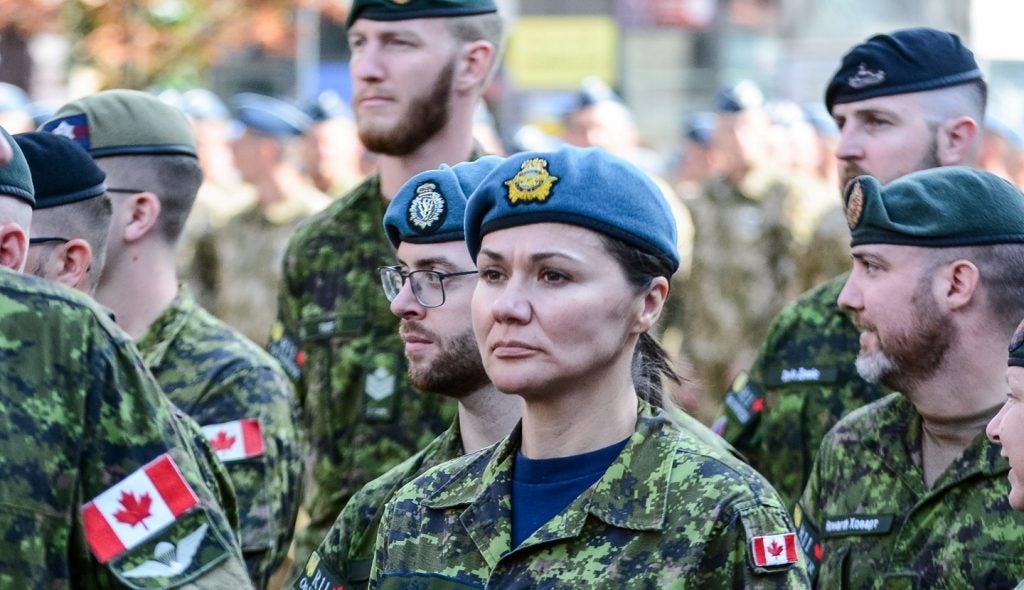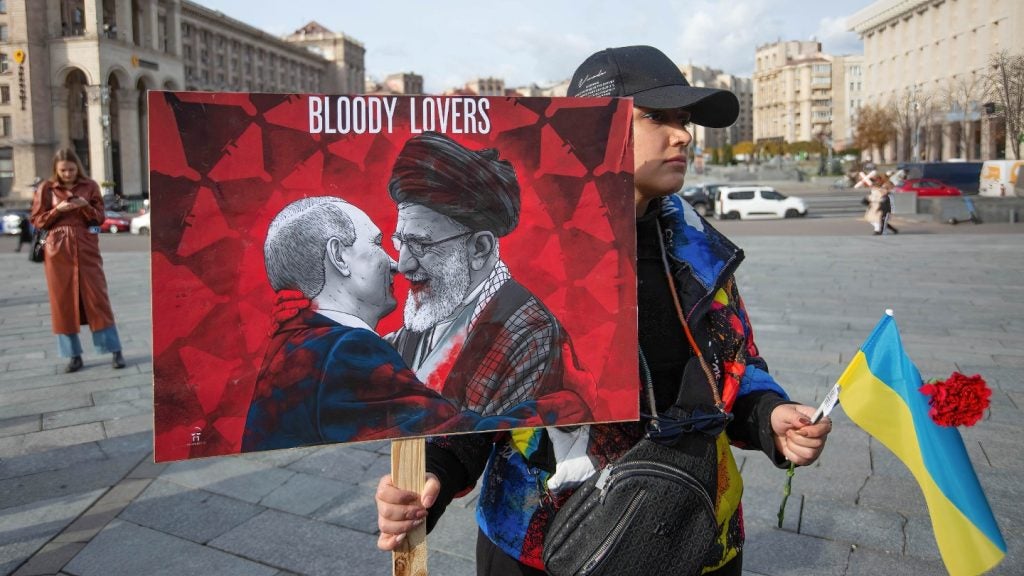Tactical Communications Group (TCG) has been awarded a contract for maintenance of the Royal Saudi Arabian Air Force’s (RSAF) multi-tactical data link (TDL) ground support system (GSS).
Awarded by the US Air Force Life Cycle Management Center (AFLCMC), the foreign military sales (FMS) contract covers delivery of hardware, software and documentation supplements, spare parts and warranty for the multi-TDL GSS systems across Saudi Arabia.
In addition to this, the company will provide technical support and training to RSAF personnel and their contractors, to help enhance service quality and performance for the GSSs, which are a critical element of the country’s TDL infrastructure.
Specifically, the support and spares will enable the GSS equipment to remain in operation in support of the tactics and training development for Link 16 and other TDLs, thereby offering a TDL training and simulation environment for live, virtual and constructive (LVC) training of the RSAF’s aircraft fleet.
TCG Engineering vice-president and RSAF GSS programme manager Frank Newark said the company has the experienced personnel available to deliver training, operational support, programme management, technical and warranty support and spares procurement.
”All the tasks required by this effort have been performed previously for the RSAF and are currently being performed for numerous other TCG customers,” Newark said.
TCG president and CEO Michael Hiney said, "TCG’s stable and productive relationship with the RSAF and AFLCMC will continue to be of significant benefit in limiting risk in all facets of this program."
In Saudi Arabia, the GSS system provides support for Link 16 and Link 11 and joint range extension application protocol (JREAP) for distributed situational awareness and reach-back/forward capability.
The GSS systems are currently located in 18 countries worldwide, including Hungary, Greece, Finland, Japan, South Korea and Pakistan.
Work under the contract is scheduled to continue until 2017.








